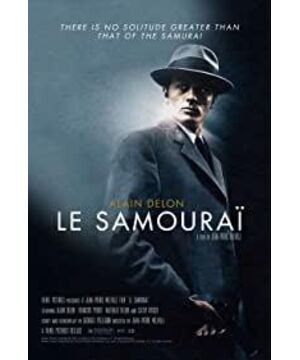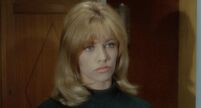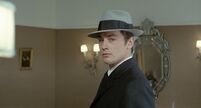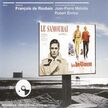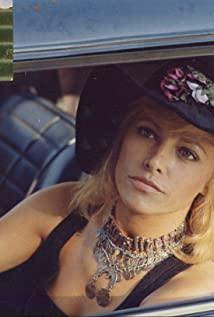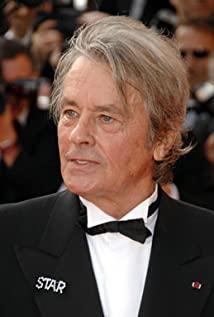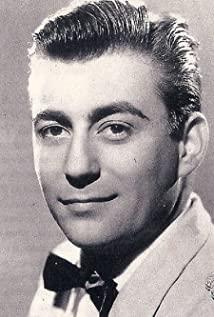There is such a kind of film, the first shot can judge the level of the whole film, "Lone Killer" is an example. At first glance, I thought Bresson or Antonioni would be making cop movies instead. The long shot at the beginning took a whole cigarette. In the dimly lit room, a wisp of blue smoke was rising. The smoker was lying on the bed, quietly imperceptible in the faint backlight. The caged birds chirped and jumped, and the sound of cars on the street floated up and down, all without regard for the guy lying still, smoking his first lonely cigarette before going out.
Then a subtitle was superimposed on the screen: "Samurai can endure the most unbearable loneliness in the world, perhaps only a tiger in the forest can compare with it." Although this is a film with a killer as the protagonist, Melville did not lay out a prelude to the killing at the beginning, but just quietly pointed out "loneliness", a sensitive word in philosophical discourse, an innumerable person Existing situation being experienced. Once it comes to the level of "loneliness", it is doomed that this is not the usual police and gangster film.
The film was shot in 1967, a year after the "May Storm" broke out in France. College students clamored for the right to participate and express political speech against "American capitalism, imperialism, and foreign occupation," and against "state apparatus and bureaucratic oppression." In the film industry, the French New Wave films are surging, but Melville in this period is only a loner, combining elements of gangster films and philosophical trends based on existentialism, as well as the oriental philosophy that has a deeper influence on him. The fatalistic spirit in the film is combined to achieve his unique film noir style.
Although it is a movie that describes the violent society of gangsters, it does not have too many action scenes, and in the very few shooting scenes, it is handled cleanly and without missing a shot. The killer played by Alain Delon is accustomed to silence, wrapped in a windbreaker with a raised collar in the icy city, alone. Although he is a ruthless killer, he has his own set of moral standards, just like a modern samurai who advocates honor and morality. He has no friends and doesn't mind if his girlfriend has other accounts, but visits her every time he kills, as if she "likes to feel needed". At the same time, he would not accept the gang's contract to kill the female musician, because he had received the favor of the female musician, and he would rather sacrifice himself to take care of morality. In order to present the lonely inner world of the killer, Melville adopts a very stylized minimalist approach, from scenes, lighting, performances and dialogues, etc. are extremely stripped down. Simple enough to make people feel cold, the modern city is as out of place as Antonioni's lens, and it is extremely powerful, full of inescapable fate!
Like all true masters, Melville's footage simply captures the world calmly, with minimal dialogue, no narration or inner monologue, and each character is kept secret. This is not to stop at the surface, it is not that you do not know how to dig deep, but the surface is enough, the world is secretive, and the real communication is beyond language. Those who understand can judge and convey everything by intuition at a glance, without much explanation. Just like the killer and the female pianist, they are the two loneliest people in the film, and their identification and communication with loneliness have become irresistible in their quiet eyes.
Both for morality and not just for morality. In a morally crumbling world, his arrival was not so much a business pact as a generosity to die. For a lone ranger who deeply appreciates loneliness, the fate of death has long been inescapable, but the time, place and method still need to be considered, and the best ending is to die in front of a "rebellious" person!
So from various perspectives, "Eavesdropping 2" does pay tribute to this best police and gangster film, and some places are learning from this film. This is a good attempt, at least in the current bad Chinese film market.
View more about Le Samouraï reviews


